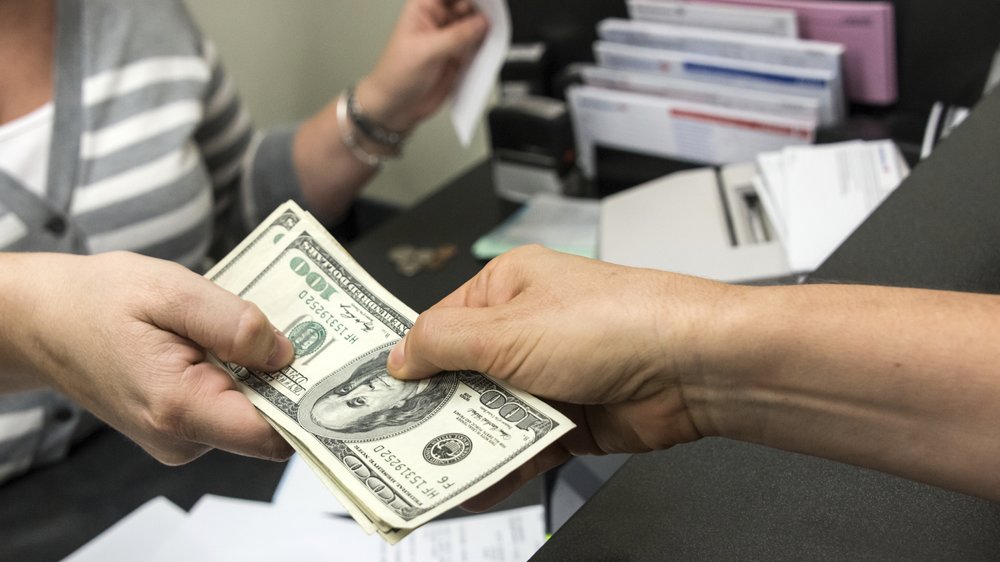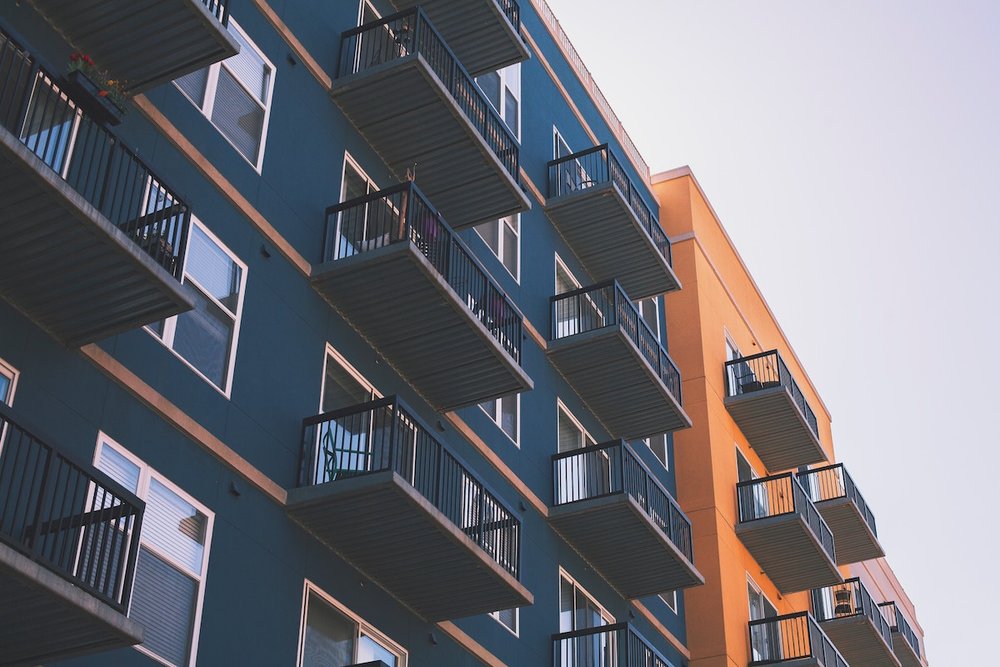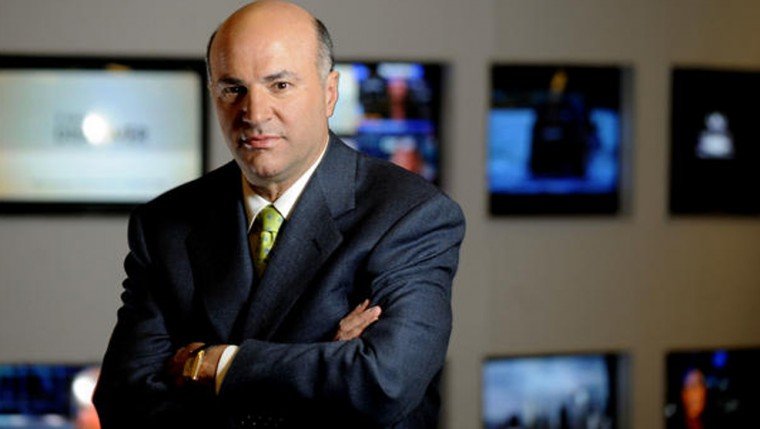The rates for floating home and fixed home loan packages are raised by banks by 10 to 30 basis points since the start of 2018. The mortgage rates get pricier again to 2.05 percent, making the home loans even more expensive. This is the second increase which is in line with the sharp interest rate.
According to a banker, there is an increased risk of defaults in properties for investment since the borrowers may be unable to cover the increased costs of services. The risks of default investment properties come higher with the increased vacancies and declining rent. This also means denting the enthusiasm in the property market.
UOB has raised its fix rate

OCBC Bank has increased its fix rate package for 2 years from 1.75 percent in each year to 1.85 percent. The home rate of the bank is currently 1 percent plus 0.90 percent, makes up the third year rate of 1.90. Key 3-month Sibor or the interbank of Singapore offered rate increased by the end of December to 1.5 percent as recorded on 4th of January 2018.
For most of the second half of 2017, it had been around 1-1.1 percent.
The 3-month Sibor has then eased on 12th of January 2018 with 1.3 percent used to price the home loans. The DBS spokesman said in a statement that the rate in market interest, the expectation of further hikes within 2018 results to the rising of the rates, this with the hikes from the US Fed Fund Rate hike.
The rates on a mortgage loan are increased.
Not so long ago, both the UOB and DBS charged 1.68 percent a year for each of the three years in September 2017. Two months later, both were charging 1.85 percent for each year of the three years of their 3-year fixed rate packages in November 2017.
This means that for every increase of 10 basis points on a loan of S100,000 the monthly installment increases by $4.80. The increase for the 3 basis points on a loan $1 million means extra $144 every month.
According to a banker, the reason why floating rate loans are more popular among home buyers due to the fixed rate charge premium of 20-30 basis points.

The banker said that the demand for the fixed rate loans is stable. The preference for the 3 years fixed rate package is for the borrowers taking fixed rate loans since they want longer term certainty. He sells both 2-year and 3-year fixed rate deals. The pent-up demand for the residential properties has pushed the private home transaction to the sum of 23,113 in 11 months of 2017. In 2016, the transactions were only about 16,378.
The 11 months of 2017, developers have racked up to 10, 247 excluding the executive condominiums. This surpassed the 7,972 units that were sold for the whole year of 2016 and an annual average 7,576 unit from 2014 to 2016. Buyers are cautioned by the bankers that before they make the leap, examine the impact of higher rates, especially when taking an interest in looking for investment properties.
There are various factors that affect the prices of a property according to the OCBC Bank vice president and senior investment strategist, Vasu Menon.
He also stated that the increased interest rates may curb the rise of the prices of property but still wouldn’t be enough to hurt property prices on its own, especially when there are drivers that are positive like the market of a healthy job, the growth of good wage, and a strong economy.
The given weak rental market in the present is raising the burden of reducing the appeal of property investment and services mortgages, according to Menon. He also said that the ability to servicing the mortgage on an investment property depends on how easily a certain property can be rented out the rental market state.










